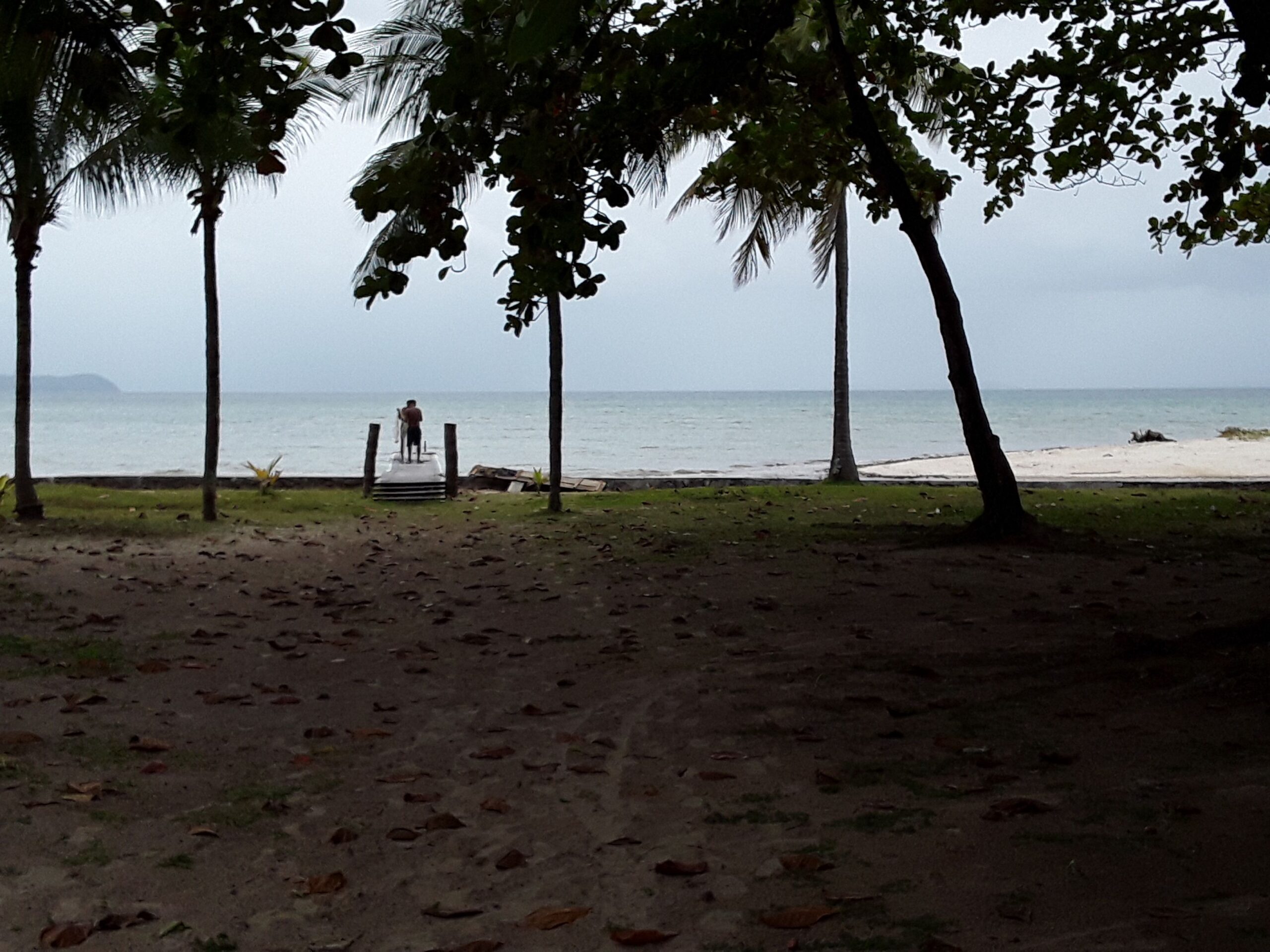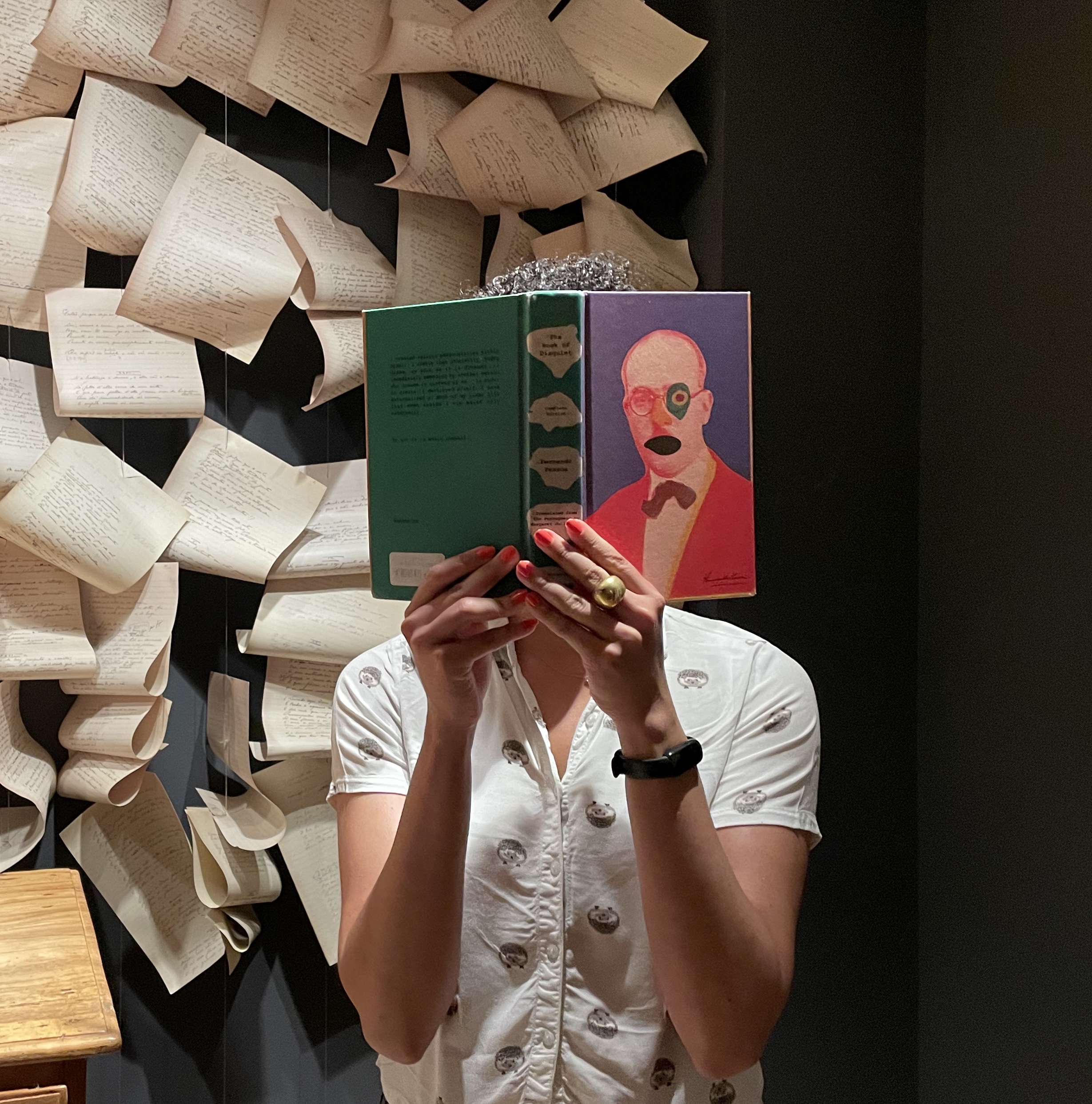By LEONARDO TONUS
Translated by CAROLYNE WRIGHT
they say that the most impressive of all crossings
is not thirst
or the fear
afterwards.
The humiliation
no longer wounds
what does not exist
they say
bodies in a boat
of bodies
veins
eyes
skin
penis
nails
vagina cries
they say that the most terrible of all crossings
are the cries of women
I did not hear
while they offered me a coffee to appease
my irritation at the flight’s delay
the buried child
was dying
upon locking the door of the house
for never
the departed brother was weeping
to the wind
of the mud
in the cold
of tears
that cry
during the crossings
the women
I will not hear
even if a rumble carries me to the bottom of this
ocean where
others
were crying
during the lunch of
roasted potatoes
salad
rice
coffee without delay
the rare meat
of women’s cries
that pierce my eardrums
deafened
on this my futile
crossing.
O grito das sereias
dizem que o mais impressionante das travessias
não é a sede
nem o medo
do depois.
A humilhação
já não fere
o que não existe
dizem
corpos num barco
de corpos
veias
olhos
pele
pênis
unhas
vagina
gritos
dizem que o mais terrível das travessias
são os gritos das mulheres
que não ouvi
enquanto me ofereciam um café para apaziguar
minha irritação pelo atraso do voo
a criança soterrada
morria
ao trancar a porta de casa
para nunca
chorava o irmão partido
ao vento
da lama
no frio
de lágrimas
que gritam
durante as travessias
as mulheres
que não ouvirei
mesmo que um estrondo me leve para o fundo deste
oceano onde
outras
gritavam
durante o almoço de
batatas assadas
salada
arroz
café sem demora
a carne malpassada
do gritos das mulheres
que perfuram meus tímpanos
ensurdecidos
nesta minha travessia
inútil.
Leonardo Tonus‘s first book of poetry, Agora Vai Ser Assim, explores the experience of being an expatriate both geographically and culturally. He is a professor at the Sorbonne Paris IV, teaching contemporary Brazilian literature, literary theory, and comparative literature. He is founder of Brazilian Literary Spring / Printemps Littéraire Brésilien / Primavera Literária Brasileira, a project that presents the work of Brazilian literary artists through an annual series of readings, discussions, and roundtables at educational institutions in Europe and North America. He came to the University of Washington in 2019, where he and Carolyne Wright translated the poems that appear in this issue.
Carolyne Wright‘s most recent books are This Dream the World: New & Selected Poems and the bilingual Trazas de mapa, trazas de sangre / Map Traces, Blood Traces, by Chilean poet Eugenia Toledo, which was a finalist for the 2018 Washington State Book Award in Poetry and the 2018 PEN Los Angeles Award in Translation. Carolyne spent a year in Chile on a Fulbright study grant, and also traveled throughout Brazil. She returned to Bahia, Brazil, in 2018 with an Instituto Sacatar artist’s residency, and has received a 2020–2021 Fulbright Scholar Award to Brazil (Salvador, Bahia).




